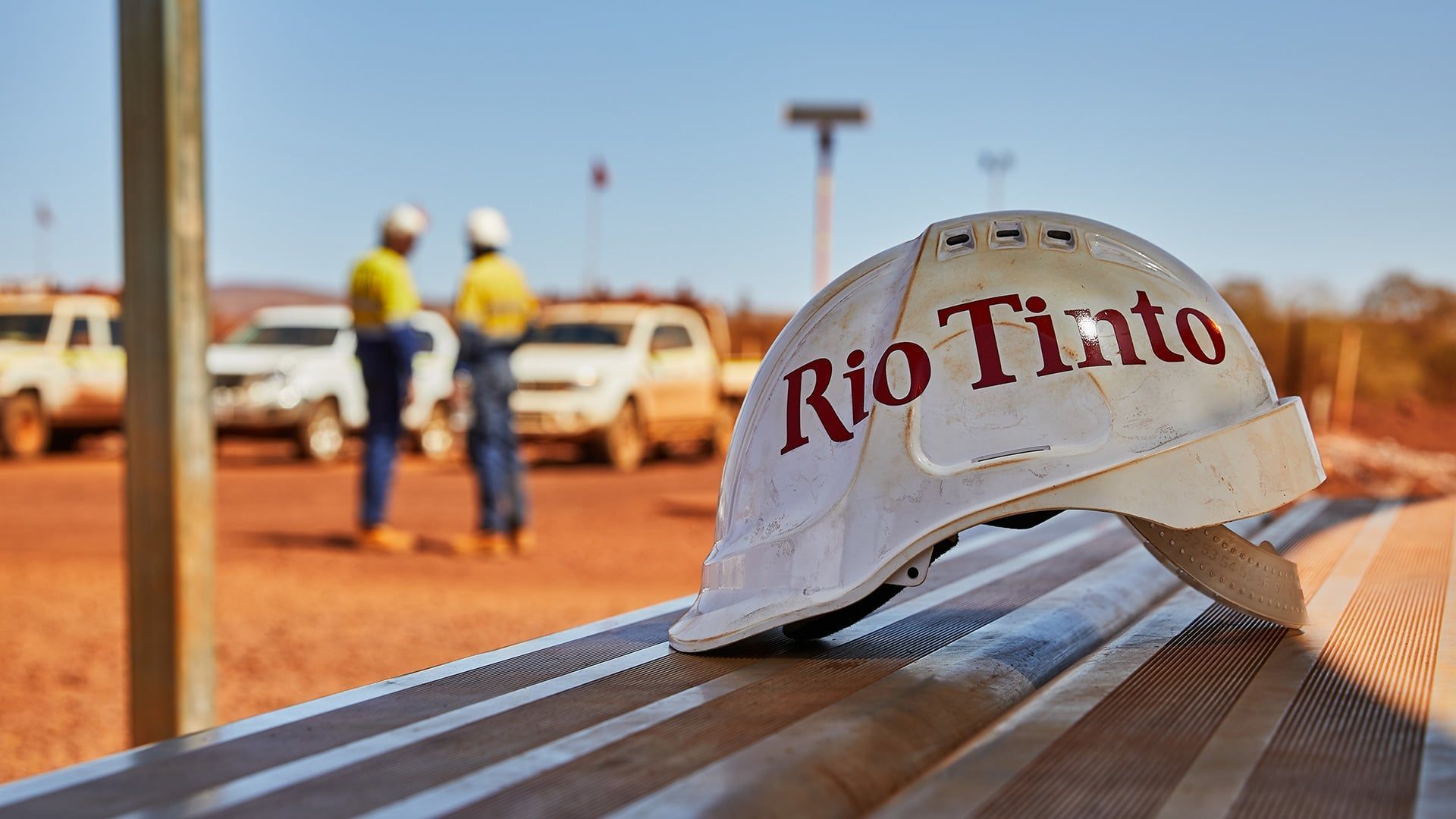Amendments to NSW work health and safety act
Amendments to NSW work health and safety act

The Work Health and Safety Amendment (Review) Act 2020 recently passed by the NSW Parliament has enacted the following key changes to NSW WHS laws:
- Enhancement of the Category 1 offence by including “gross negligence” as a fault element – To make it easier to prosecute and create a stronger incentive for duty holders to manage WHS risks.
- Prohibition of insurance and indemnity arrangements – To ensure people cannot avoid responsibility for paying WHS fines.
- Increased penalty amounts for all WHS offences in line with the Consumer Price Index – To ensure penalties retain their deterrent value.
- Extension of time in which a person can ask the WHS regulators to start a prosecution in response to a Category 1 or Category 2 offence from 12 to 18 months and addition of a requirement that the WHS regulator provide updates every three months to the requester until a decision to prosecute is made. This ensures, during investigations of workplace accidents, families are kept informed and have access to an effective review mechanism for decisions not to prosecute.
- Clarification that a Health and Safety Representative (HSR) can choose their course of training – To avoid unnecessary delays which can affect an HSR’s ability to fulfil their role and exercise their powers.
These changes will assist in improving compliance and enforcement measures for the NSW WHS Regulators, to make the lives of workers and business owners healthier, safer and more productive.
This article was originally posted on Workplace OHS and has been published with permission.
Contact Us
We will get back to you as soon as possible.
Please try again later.
Zenergy News

Contact Us
For more information on our services feel free to email us on -
info@zenergygroup.com.au or call 1300 333 400
Sydney
25 Brisbane Street
Surry Hills
Sydney NSW 2010
Melbourne
Level 23, Tower 5, Collins Square
727 Collins Street
Melbourne VIC 3008
Brisbane
Level 54, 111 Eagle Street
Brisbane QLD 4000
Perth
108 St Georges Terrace
Perth WA 6000
Recent News
© ZENERGY 2022 | Privacy Policy |







